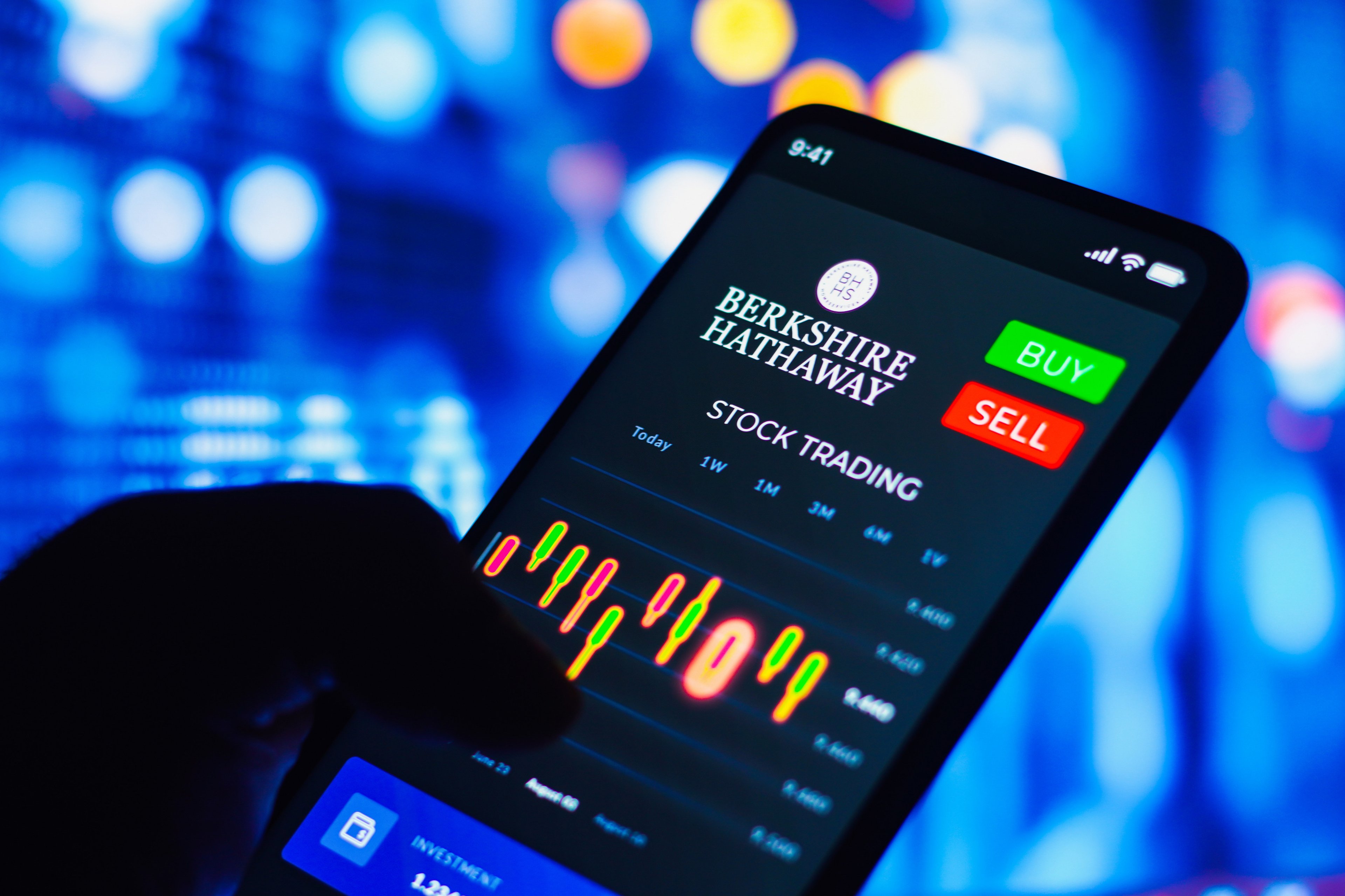Warren Buffett is retiring as CEO of Berkshire Hathaway (BRK.A +0.77%)(BRK.B +0.47%) at the end of 2025. Given the 95-year-old's multi-decade tenure and the incredible success of the company, that's a big deal. But don't get stuck on this change -- incoming CEO Greg Abel has one huge advantage to help him succeed. Here's what it is and what it means.
This change isn't as big as it seems
Berkshire Hathaway is a conglomerate that owns dozens of companies outright that it manages, holds significant stock in dozens of other companies, and manages hundreds of billions in cash and securities holdings.
Beginning in 2026, it is quite likely to be managed differently under Abel simply because he is a different person. However, Buffett will still be the president of the board of directors. That means that Buffett will still technically be Abel's boss. This will allow for a transition period in which Buffett is easily available to help, if needed.

Image source: The Motley Fool.
Abel has worked under Buffett for decades. That means he is steeped in Warren Buffett's investment approach. It seems highly unlikely that he's going to alter Berkshire Hathaway's investment approach in any significant way, given how successful the company has been.
The real issue for investors to consider is how well-positioned Berkshire Hathaway is for the future. The answer: The diversified conglomerate is very well positioned.
The one factor that you need to watch most closely
At the end of the second quarter of 2025, Berkshire Hathaway's balance sheet included over $344 billion worth of cash and short-term investments. That's a gigantic pile of money, enough for Berkshire Hathaway to actually buy all of Coca-Cola, one of Buffett's longtime holdings. To add further context, Coca-Cola is the fourth-largest consumer staples company in the world.
Cash is a drag on near-term performance, since that capital could probably generate higher returns if it were invested. However, if there is a bear market or a recession, that money will provide support to the business. It is a safe foundation that a bad market or economic environment can't easily take away. In other words, even though Abel is taking over while the S&P 500 index (^GSPC 0.76%) is hovering near all-time highs, he has a strong safety net beneath him.

NYSE: BRK.B
Key Data Points
There's a second benefit here. Not only will that cash act as a cushion for the business, but it also provides Berkshire Hathaway the ability to use a downturn to its advantage. The company often steps in and makes acquisitions when Wall Street is struggling because that's when the best deals can usually be had. Abel will be empowered to do just that, thanks to the huge cash pile he'll inherit from Buffett.
Another interesting wrinkle here is the incredibly diverse nature of the conglomerate's business. With operations that span various industries, Berkshire Hathaway has a huge palette of options to help it paint the future of Berkshire however it wants under a timeframe it controls. That's not something that can be said of most conglomerates, which tend to be more focused on a smaller range of business lines and under tighter time constraints.
Short-term pain versus long-term opportunity
To be clear, Berkshire Hathaway isn't so insulated that it can fully avoid the impact of a bear market or a recession. That would be true even if Buffett wasn't set to retire. But this isn't your normal company. This is more like hiring a person to manage your money for you, sort of like a mutual fund. It is the investment approach that really matters.
When you think about it, there's really no bad time to hire a good money manager if you are a long-term investor. Berkshire Hathaway has an incredible track record. And today, an investment in this stock also comes with a huge amount of firepower (cash) to use during a downturn. There's probably no reason to wait around trying to perfectly time your entry point.







